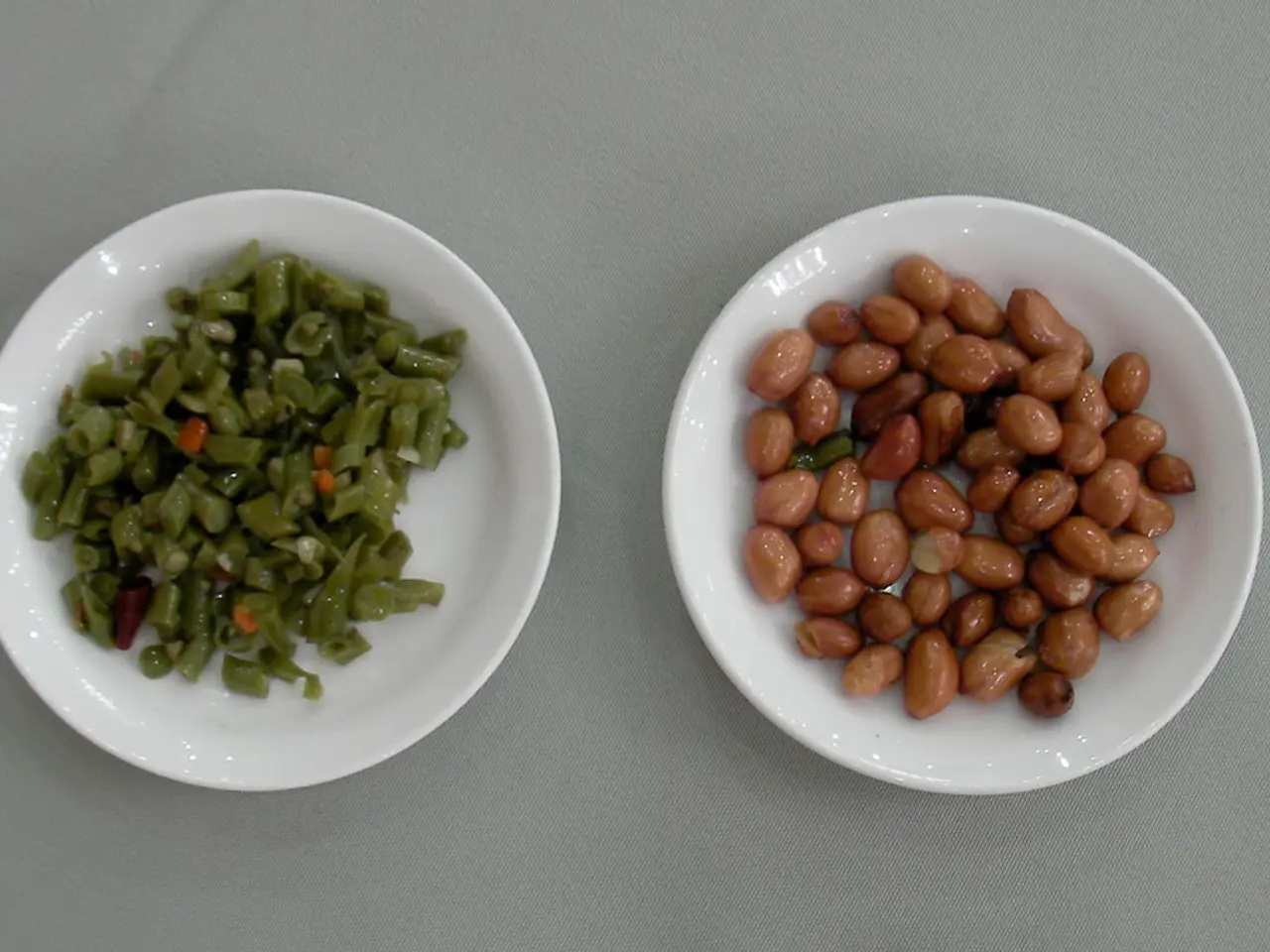"Labor efforts for eradicating impoverishment"
Over the past fifteen years, the Labour Party has significantly shifted its approach to reducing child poverty. The focus has increasingly been on the use of tax credits and in-work benefits as key tools to support low-income families, particularly working parents.
This shift reflects an evolution from primarily welfare-based solutions towards a blend of work incentives and direct support. Under Labour governments from the mid-2000s, policies like the Working Tax Credit and Child Tax Credit were expanded to provide targeted financial support to working families. The aim was to reduce child poverty by supplementing incomes and making work pay.
This approach was framed as both a social justice issue and a way to strengthen economic inclusion for families on low incomes. The Labour Party's rhetoric and policy design have generally supported maintaining and improving tax credits and in-work benefits as vital levers against child poverty.
In more recent years, under the leadership of Keir Starmer, Labour has signalled commitments to expanding welfare provisions, including enhancements to free school meals and addressing child poverty more broadly. This aligns with continued emphasis on combining income support (through tax credits and benefits) and public services in addressing poverty’s root causes.
Labour’s updated policy discourse also focuses on systemic issues, such as housing and education, alongside financial supports. This evolution in Labour’s stance on tax credits and in-work benefits over the past fifteen years has been confirmed by wider political and academic sources.
However, it's important to note that the Conservative Party has introduced policies such as the two-child benefit cap and cuts to sickness and disability benefits, which have been criticised for undermining the redistributive potential of the tax credit system and offloading responsibility for low incomes onto a higher 'living wage'.
Despite this, Labour's consensus remains that reducing poverty is a minimal aim in government. The party has a distinctive distributional mission to use the state to improve the position of the worst off. This mission continues to be reflected in Labour's focus on in-work benefits and tax credits as essential components of child poverty reduction, balancing welfare support with incentives for employment, and integrating this approach within broader anti-poverty and social justice agendas.
One notable example of this approach's success can be seen in Scotland, where the child poverty rate (24 per cent) is now markedly lower than in England (30 per cent) due to the Scottish government's child payment for low-income families.
In conclusion, Labour's discourse over the last fifteen years has underscored the importance of tax credits and in-work benefits as essential components of child poverty reduction. The party continues to balance welfare support with incentives for employment, integrating this approach within broader anti-poverty and social justice agendas.
- The Labour Party's strategy for reducing child poverty not only involves welfare provisions but also emphasizes education-and-self-development, as evident in their advocacy for expanding free school meals.
- In the realm of general-news and politics, the Labour Party's discourse on social justice encompasses a blend of work incentives, direct support, and public services, as they strive to improve the position of the worst off and address poverty's root causes.




